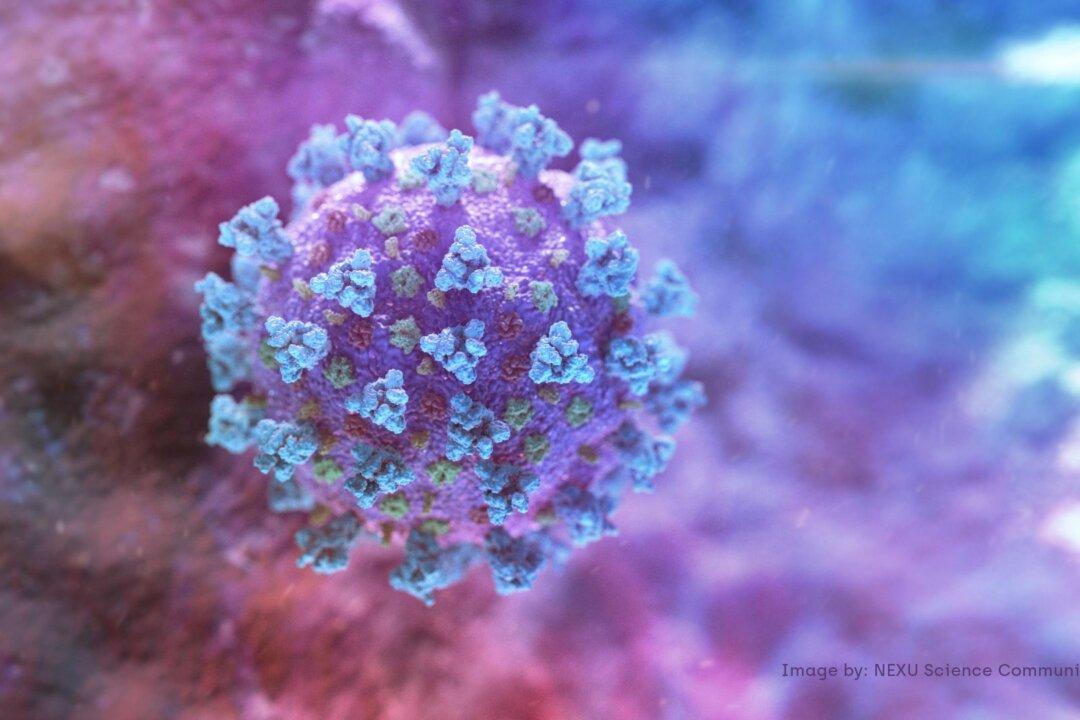New research has shed further light on how COVID-19 and vaccines affect the human body, with one study claiming an increased risk of heart problems after contracting the illness and another report suggesting that vaccines generate no additional side effects among those affected by cancer.
Even if some time has passed since a person recovered from COVID-19, they are still vulnerable to heart problems, according to a study of 153,760 U.S. veterans, published in Nature Medicine magazine. These individuals were infected with the novel coronavirus before the vaccines were available.





